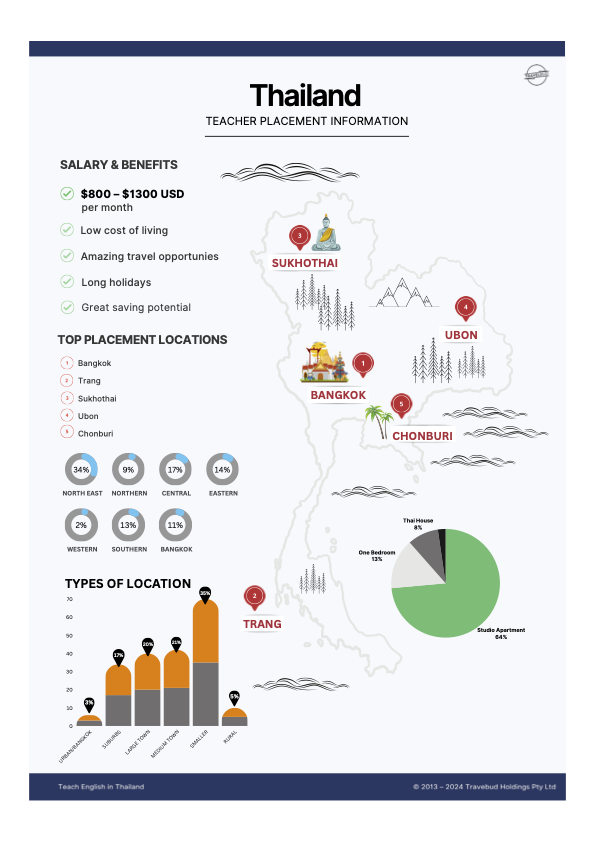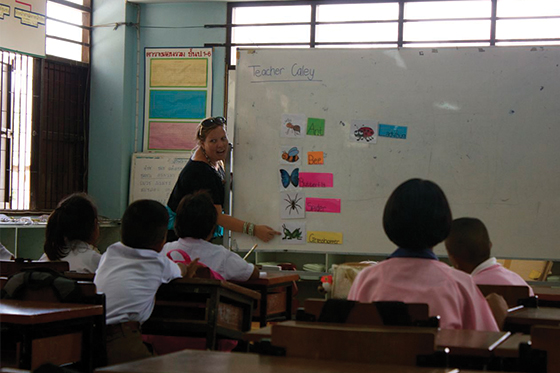
10 Teachers Reveal the Best Things About Living in Thailand
Teaching English in Thailand has to be one of the most enriching gap year experiences available to date however you only really can grasp how incredible the experience is once you have done it. We caught up with 10 current English teachers in Thailand who shared what it is they love the most about living in Thailand. We hope this gives all of you who are interested in embarking on this amazing experience in the future a better idea of what to expect.
Thailand-1.png?width=150&height=84&name=2%2c400+%20Participants%20(2)-1.png)










%20(5).png?width=60&height=60&name=2%2c400+%20Participants%20(Instagram%20Post)%20(5).png)






